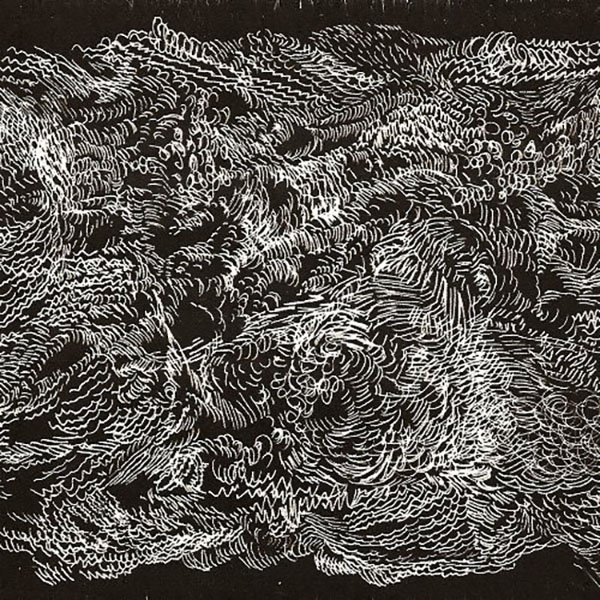
by Tim Owen
February 25, 2010
/ ALBUM
Silverwater is further proof that The Necks are onto something special
The relative brevity of the three tracks on the Necks’ last-but-one album, Chemist, demonstrated that the groups’ long-form developments of individual, clearly-delineated musical ideas could successfully be condensed for the time-strapped listener. Fans will be reassured that their latest opus offers once again a hitherto expected single, unbroken, hour-long improvisation. So that, at least, is a return to the norm. But on Silverwater the Necks have tried a new approach. Whereas classic Necks works such as Hanging Gardens, Drive By, or even the languorous Ether all developed along bold, more-or-less straightforward lines, Silverwater is less predictable and more protean in its development. On initial exposure its development, particularly in it’s dynamics of tension and release, seems rather random, and therefore unsatisfying. Where those earlier albums presented crystalline, widescreen vistas, Silverwater is rather a lens on a microcosm of seething incident, and offers something altogether murkier, and arguably richer. It’s as if, having offered Chemist as an offering to the attention-deficient, the Necks have created something for listeners prepared to dive in and immerse themselves.
I first listened on a sound system and was alternately drawn into and alienated from Silverwater’s fitful evolution. The track initially seems incoherent, if undeniably beguiling in its parts. Further listening on headphones, however, proves much more revealing and immersive; it’s like closely examining the minutely precise mesh of interdependent mechanisms in a clock’s innards, with every constituent whirring busily away in apparently perpetual interlocking motion. Silverwater’s hazy shimmering is alive with sonic events that ebb and surge unpredictably. It’s evolution seems incremental, though no doubt it’s improvisation was carefully premeditated.
Silverwater begins with the rustle of shaken percussion, pattering drums and dampened, repeated one-note piano hits. After some minutes a double bass pulse settles things down and touches of piano provide melodic focus. Individual instrumental lines are asserted or drop away, allowing different elements to cohere organically, but never to dominate, though passages are variously characterised by individual sonic elements: Hammond organ, piano, an unidentifiable harmonic, perhaps a struck or bowed metal bowl, a low vocal intonation, an almost sub-audible chittering, probably electronic in origin. One dominant skein features regular cymbal strikes and a piano pulse overlaid by a wash of Hammond. At one point in the second half-hour an electric guitar starts to strum a repeated refrain, soon joined by bass and drums to establish an almost conventional group dynamic, but this interlude is washed away like sand off a beach. The guitar will make further brief cameos, here supported by subtle electronics, and it’s notable how within a long track such individual, fleeting elements can have an incisive impact. Further in, a long passage of Hammond and piano with insistent bass and cymbal percussion fully subverts the previous mood, only for these elements in turn to cede to a sustained ambient electric organ pulse. Once more a strummed guitar heralds a more urgent passage of layered piano and bass, until the whir of the Hammond ceases abruptly and multi-layered skeins of electric guitar give the track a harsh edge. These are all isolated incidents, like shifting sands that are no more representative of the entire desert than an individual grain. In the end there’s a muted climax of sorts, but in the final minute there’s just the regular rippling of cymbals as the piano falters, undercut by subtle new electronic sounds, and finally an abrupt silence.
On surfacing from such a complete immersion Silverwater seems profoundly more satisfactory than on cursory playback over speakers. While the shorter tracks on Chemist may be more direct and easily intuited, Silverwater is further proof that The Necks are onto something special, and are evolving. If you can spare the album some time and attention you will be rewarded.
blog comments powered by Disqus